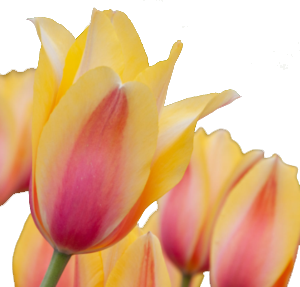Our website uses Google Translate to make content accessible in multiple languages, but translations may not be perfect.
Freedom has always been worth fighting for. The freedom to live, the freedom to learn, and the freedom to grow. Future generations should never take freedom for granted, especially when it can come at the cost of lives and great sacrifice. In the 76 years since the Liberation of The Netherlands, the Dutch people have rejoiced in their freedom, and are grateful to Canadians to this very day.
The Second World War hit The Netherlands hard. When Nazi Germany invaded The Netherlands in May, 1940, Dutch Princess Juliana and her two daughters were forced to flee. They took refuge in Ottawa where Canadians greeted them with open arms. In 1943, while still living in Canada, the Dutch Royals welcomed their third child – Princess Margriet. Princess Margriet was born in the Civic Hospital in Ottawa and her Canadian birth further strengthened the bonds between The Netherlands and Canada.
In early April of 1945, the First Canadian Army began to clear Nazi Germany from the northeast sections of The Netherlands. Tipped off with information provided by the Dutch resistance fighters, the Canadian troops advanced and by mid-April had freed the cities of Arnhem and Apeldoorn.
Citizens have vivid memories from this period, one who was a teenager at the time recalled, “As the (Canadian) tank came nearer, there was a big hush over all the people, and it was suddenly broken by a big scream, as if it was out of the Earth! And the people climbed on the tank and they were crying. And we were running with the tanks and the jeeps all the way into the city.”
Finally, on May 5th, 1945 the entirety of The Netherlands was liberated. Then, only 2 days later the Nazi German forces surrendered unconditionally on May 7th 1945.



